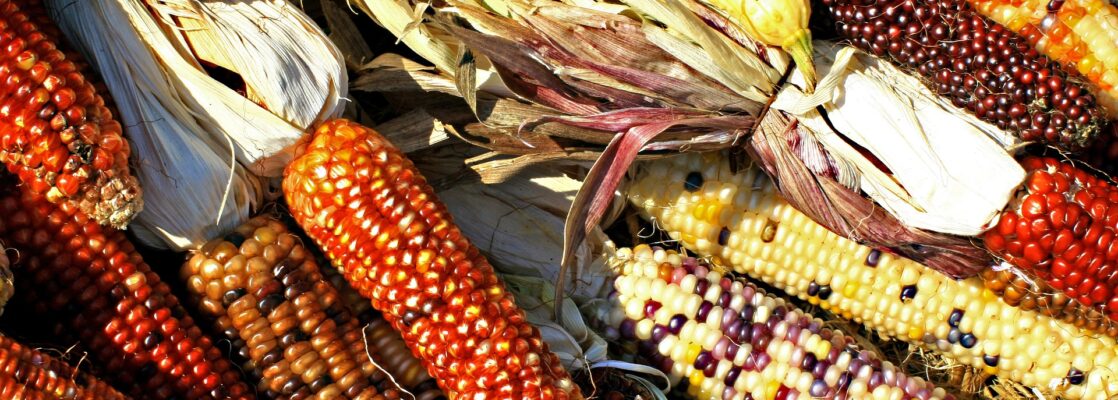Global food security faces increasing threats from climate change, leading to diseases, pests, drought, water salinity, and rising temperatures. The study broadly addresses global food security challenges, focusing on two pests. The purpose of the study was to assess the socioeconomic and environmental impacts of the fall armyworm and the Striga weed at three stages of maize (corn) value chains in Kenya. The methodology used encompassed a desk review of relevant research and current literature. The results indicated that the Fall Armyworm (FAW) and the Striga weed significantly impact maize (corn) production. The FAW and the Striga weed cause losses in yield, reduce the ability of agricultural lands to respond to shocks, and financially increase the cost of production resulting from the quest to deal with the pests mentioned above.
Authors: Phelix Omondi, Fredrick Aila, Benjamin Ombok, Nelson Obange & Matthew Dida
Contact address: cinindo@umes.edu
Institution: Maseno University, Kenya; www.maseno.ac.ke
Twitter name of the institution: @Maseno_Uni
Twitter link: https://twitter.com/Maseno_Uni
Available downloads:


